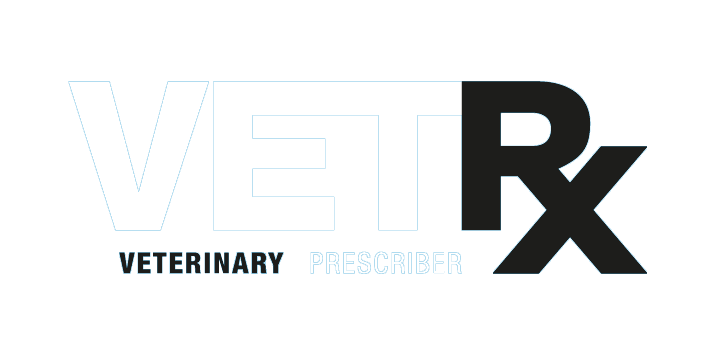Is the veterinary profession in the grip of the pharmaceutical industry?
Is the veterinary profession in the grip of the pharmaceutical industry?
Nearly a decade ago I spoke at an evening event titled “The Skeptical Vet”, which was intended to promote debate about controversial topics. The event was part of an evidence-based veterinary medicine conference in Edinburgh hosted by RCVS Knowledge. This is what I said:
I believe that rational use of veterinary medicines is unachievable while the veterinary profession is in the grip of the pharmaceutical industry.
Medicines need to be used rationally. This is because, as well as benefits, they can cause harm to the animals they are used to treat, and to humans handling them. And they can cause serious problems like antibacterial resistance and environmental pollution. So medicines must be used in a way that maximises their benefits and minimises their harms.
In order to do this, you need different types of information about medicines:
First you need to know what medicines are available.
Secondly you need to know whether the medicines are licensed, and about the terms of the licence (things like the specific indications, contraindications and so on). All that sort of information is included the summaries of product characteristics or SPCs; these are important sources of evidence – because they’re summaries of evidence gathered during the licensing process.
You also need information about unlicensed medicines, which are used a lot in veterinary medicine.
And, to be able to select the most appropriate treatment, you need information about how different medicines (licensed or unlicensed) compare with each other, and in some cases how they compare with non-drug treatments (like surgery, or radiotherapy) or no treatment.
The problem is that the pharmaceutical industry has the dominant role in disseminating information about medicines. The result is that the available information is swayed towards certain products and interferes with the rational choice of treatments.
To illustrate the problem I’ll use the example of companion animal parasiticides because I think it’s probably the most extreme example. This is an area in which is there is an overwhelming choice of products. But until recently there was no reference source that listed all the available products and in a way that helped you choose between them. That’s why I created the Veterinary Prescriber Parasiticide Guide. Many rely on the NOAH data sheet compendium to know what’s available. NOAH, which stands for the National Office of Animal Health and sounds like an animal welfare organisation, is a trade association of the UK veterinary pharmaceutical industry. Not all veterinary pharmaceutical companies are members of NOAH and so the Compendium doesn’t contain information on all the available licensed products. So there’s a need for a comprehensive and easy to use resource that contains the SPCs and package inserts for all licensed medicines. How can you know that you’re using the best treatment for a patient if you don’t know about all the available options?
There’s intense promotion of certain products. Look at any recent issue of the Veterinary Times, and you’ll see a high proportion of pages devoted to adverts for parasiticides. The trouble with promotional information is that it understandably focuses on benefits (which are often vague or theoretical). Companies aren’t keen to talk about the disadvantages of their products and they don’t like comparing them with alternatives. And of course you don’t get to hear about medicines that are not being promoted regardless of their value. The result is vets are understandably confused by all the claims and counterclaims about parasiticides.
It’s not only the obvious promotional activities like advertising that companies are involved in. They’re also providing a lot of CPD on medicines. CPD on medicines is often free – either because it’s provided directly by, or else sponsored by, a company.
I’m not saying companies shouldn’t be doing these things. They’ve got a job to do which is to sell medicines. And we need medicines. But they’re not the best people to tell us which medicines to use.
So it’s crucial that vets have access to impartial information that tells them about the disadvantages as well as the advantages of medicines, that is able to compare products and be critical of evidence and promotion, and put evidence about medicines in the context of clinical practice. This is what Veterinary Prescriber does.
If it’s left mainly to the industry to inform us, medicines are more likely to be used on basis of the weight of promotion rather than the weight of evidence.
Our purpose...
......is to provide busy veterinary professionals with impartial information on veterinary medicines with which to make treatment decisions in the best interests of animals, their owners and the environment. We mainly do this through the Virtual Veterinary Medicines Academy where our evidence-based peer-reviewed appraisals are the result of a rigorous research and editorial process and are presented succinctly in our multi-media CPD modules. We’re independent: we don’t sell ads, or receive commercial support. We’re funded by subscribers so you can be sure the information we provide is completely objective. Subscribers get unlimited access to the Virtual Veterinary Medicines Academy.


